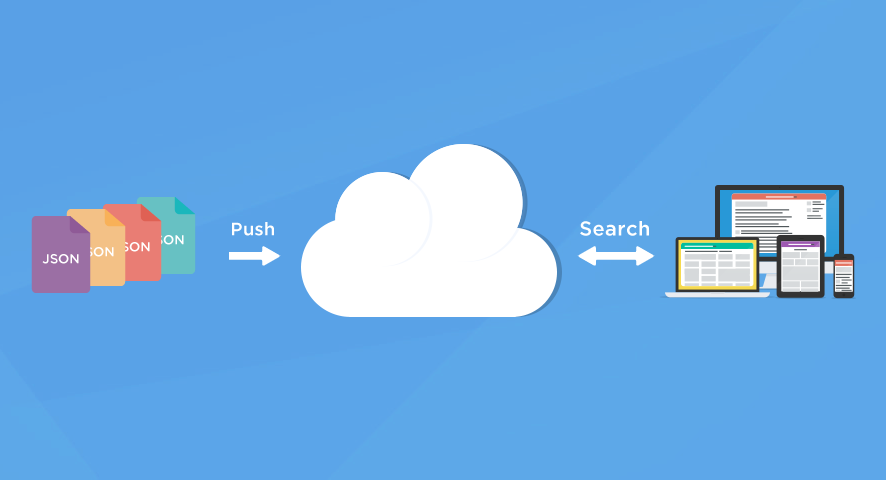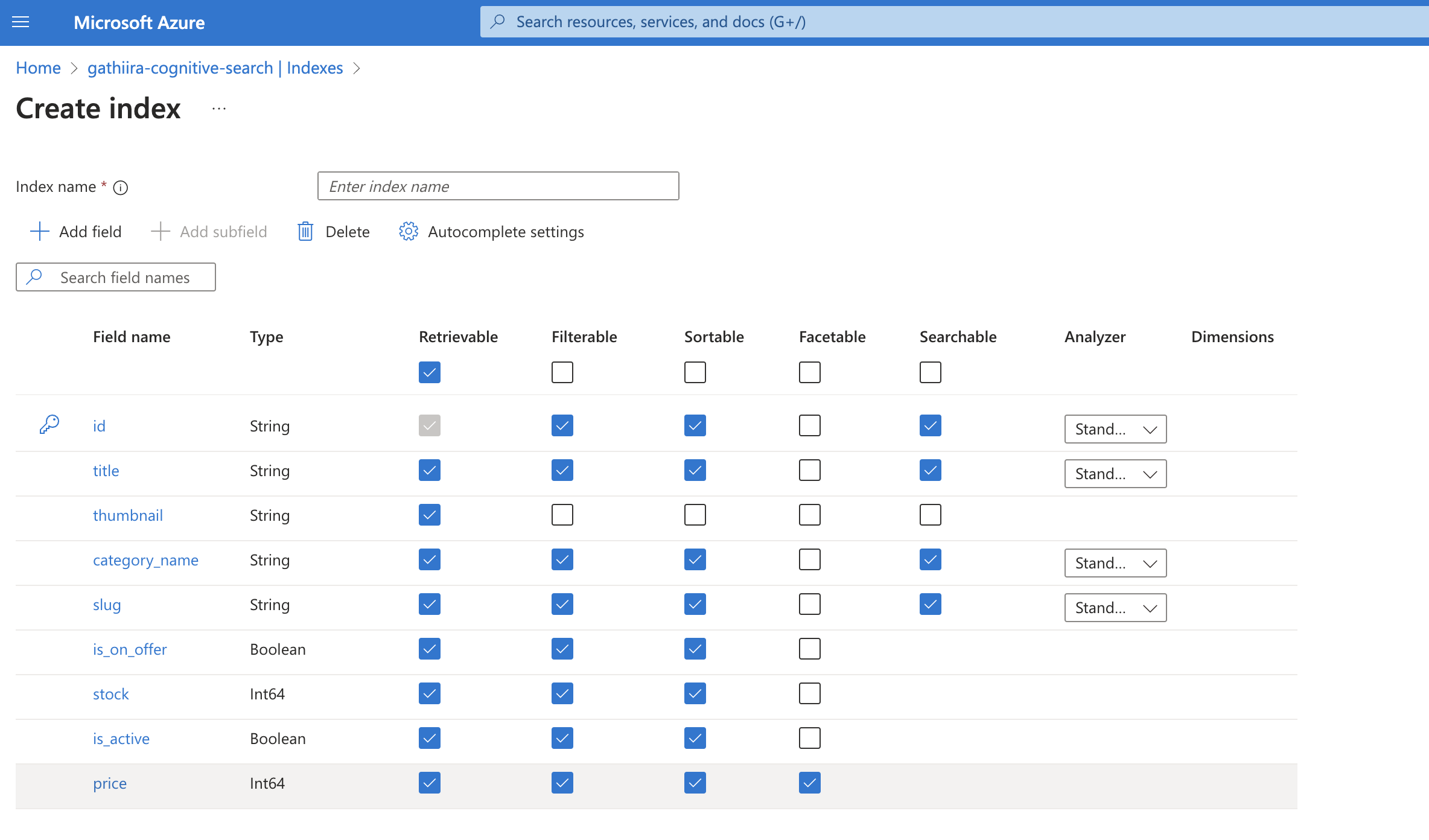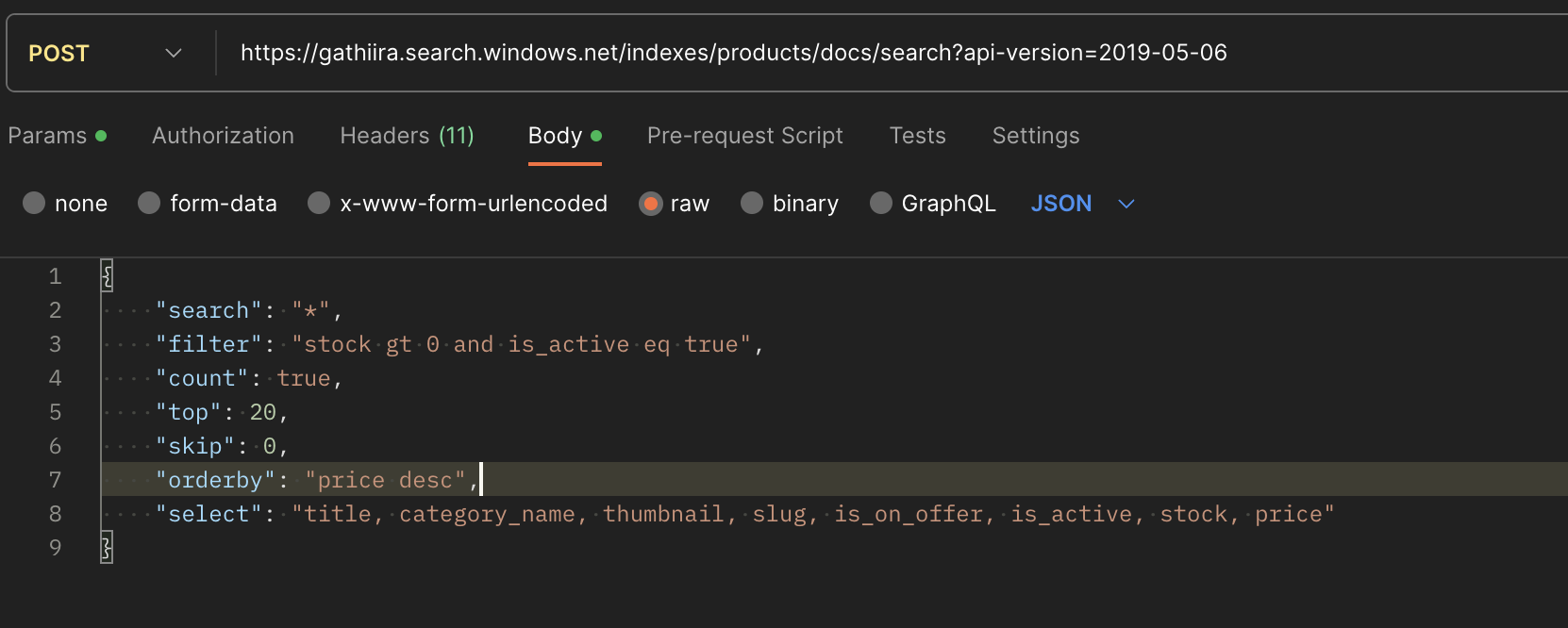Azure Cognitive Search: Transforming Information into Insight
 Gathiira Mwangi
Gathiira Mwangi
What is Azure Cognitive Search
SELECT pk, COUNT(*) FROM table GROUP BY pk HAVING COUNT(*) > 1. In today's digital age, organizations are flooded with vast amounts of data from diverse sources. Extracting meaningful insights from this data is a daunting task. This is where Azure Cognitive Search, a cloud-based search and analytics service provided by Microsoft Azure, steps in to revolutionize the way businesses discover and harness information. With its powerful capabilities, Azure Cognitive Search empowers enterprises to turn unstructured data into actionable knowledge, enhancing decision-making processes and unlocking hidden business potential.
Understanding Azure Cognitive Search
Azure Cognitive Search is a fully managed, cloud-based search service designed to simplify the process of building powerful, intelligent search capabilities into applications, websites, and various data-driven solutions. It offers a plethora of features and tools that enable organizations to efficiently index, search, and analyze their data, transforming it into valuable insights.
Differences between Elasticsearch and Azure Search
Setup: Azure Cognitive Search can only be used via its provider, i.e., Microsoft Azure, while Elasticsearch can be set up in various ways, such as using a Docker container, purchasing a managed service, running it as a service in a VM, or even using Elastic Cloud on Kubernetes.
Cost: As stated in point 1, Azure Cognitive Search is managed by Microsoft Azure and operates on a freemium plan. They offer only 50MB of free storage for documents, which is quite low for any business to operate with. On the other hand, Elasticsearch can be installed and managed individually, meaning the operating cost can be significantly lower.
Query Language: Cognitive Search has a query structure, which is different from Elasticsearch. Both platforms offer flexible and in-depth document querying with unique matching and suggestions.
For more in-depth differences, check this article Azure Search or Elasticsearch: What’s Best for Your Application?
Key Features and Capabilities
1. Full-Text Search: Azure Cognitive Search provides robust full-text search capabilities, allowing users to search through vast collections of text data with speed and accuracy. This is particularly beneficial for applications that require complex queries and linguistic analysis.
2. AI-Powered Enrichment: Leveraging Azure AI services, the platform offers built-in cognitive skills that can automatically extract valuable information from unstructured data. This includes entity recognition, sentiment analysis, and language detection, among others.
3. Scalability: Azure Cognitive Search is highly scalable, making it suitable for businesses of all sizes. It can handle both small-scale implementations and large-scale, high-traffic applications with ease.
4. Geo-Spatial Search: For applications that involve location-based data, the service offers geo-spatial search capabilities. This allows users to perform location-aware searches, enabling features like store locators or property searches.
5. Customizable Ranking: Organizations can fine-tune search results by defining custom ranking profiles, ensuring that the most relevant content appears at the top of search results.
6. Integration: Azure Cognitive Search seamlessly integrates with various Azure services, including Azure Functions, Azure Logic Apps, and Azure DevOps, making it easy to incorporate search functionality into existing workflows.
7. Security: Microsoft takes data security seriously, and Azure Cognitive Search is no exception. It provides robust security measures, including role-based access control (RBAC) and encryption at rest and in transit.
Use Cases for Azure Cognitive Search
Azure Cognitive Search is a versatile tool with applications across a wide range of industries. Some notable use cases include:
1. E-Commerce Search: Online retailers can use Azure Cognitive Search to deliver accurate and relevant search results to customers, improving the shopping experience and increasing conversion rates.
2. Knowledge Management: Organizations can use the service to build comprehensive knowledge bases, making it easy for employees to find the information they need quickly.
3. Healthcare: Healthcare providers can utilize Azure Cognitive Search to sift through vast medical records, research papers, and patient data to improve diagnostics and patient care.
4. Legal Services: Law firms can employ the platform to sift through extensive legal documents, enabling faster legal research and case preparation.
5. Customer Support: Businesses can enhance their customer support operations by implementing intelligent search features that help support agents find answers to customer inquiries more efficiently.
6. Content Publishing: Publishers can use Azure Cognitive Search to provide readers with better search functionality, improving content discoverability and reader engagement.
How to setup azure search
Implementing Azure Cognitive Search doesn't require extensive technical expertise. Microsoft provides comprehensive documentation and resources to help users get started quickly. The following steps provide a high-level overview of the process:
Open an Azure portal account.
Begin by logging in or creating an Azure portal account.
Search for cognitive search and Create the Service.
You can choose from various pricing tiers to suit your needs.
Define an Index: An index is a schema that describes the structure of the data you want to search. Define fields, data types, and custom analyzers as needed. On the sidebar, click on indexes, then add index at the top.
💡Important: You need to know the structure of your data and carefully define the fields in the index. Some of the features or fields cannot be updated or deleted once they are created without deleting the whole data set. Also, you can explore other setup configs like scaling and tags before creating an index. 💡There are more data types other than the one defined above. Azure index supported data types
💡There are more data types other than the one defined above. Azure index supported data typesIngest Data: Populate the index with data from various sources, including Azure SQL Database, MySql, Postgresql, or other data repositories. This may need integration with existing systems.
Below is a sample Python data ingestion snippet
import requests class AzureService: def __init__(self) -> None: self.SERVICE_NAME = "gathiira" self.AZURE_SEARCH_API_VERSION = "2019-05-06" self.AZURE_SEARCH_API_KEY = "<your-api-key>" def get_index_url(self, index): return "https://{}.search.windows.net/indexes/{}/".format(self.SERVICE_NAME, index) def post(self, url, body): headers = { "api-key": self.AZURE_SEARCH_API_KEY, "Host": self.SERVICE_NAME + ".search.windows.net", "Content-Type": "application/json", } return requests.post(url, headers=headers, data=body) def upload_document(self, document, index): url = ( self.get_index_url(index) + "/docs/index" + "?api-version={}".format(self.AZURE_SEARCH_API_VERSION) ) response = self.post(url, document) return response doc = { "title":"Sample product", "thumbnail":"https://sample-image.com/test.jpg", "category_name":"product", "slug":"sample-product", "is_on_offer":False, "is_active":True, "stock":100 } azure = AzureService() azure.upload_document(doc, 'product')Query the Index: Use the search service's REST API or SDKs to execute queries against the index, fetching relevant results based on the search criteria. Ms documentation on Rest API
💡Remember to add 'api-key' as part of the headers
Customize and Optimize: Fine-tune search results by customizing ranking profiles, adding cognitive skills, and optimizing performance.
Integrate into Applications: Incorporate the search functionality into your applications, websites, or other solutions, delivering powerful search capabilities to end-users.
Monitor and Maintain: Continuously monitor search performance and usage patterns to make adjustments and improvements as needed.
Conclusion
Azure Cognitive Search is a game-changer in the world of data management and retrieval. It empowers organizations to harness the full potential of their data by providing intelligent search capabilities that enhance productivity, support data-driven decision-making, and create superior user experiences. Whether you're a business looking to gain a competitive edge or a developer seeking to streamline the search functionality in your application, Azure Cognitive Search is a versatile and powerful tool that can help you unlock the power of data and turn it into valuable insights.
Subscribe to my newsletter
Read articles from Gathiira Mwangi directly inside your inbox. Subscribe to the newsletter, and don't miss out.
Written by

Gathiira Mwangi
Gathiira Mwangi
I am a competent software engineer with a strong understanding of Python, Java Spring Boot, and ReactJS, adept at creating effective software solutions. I excel in problem-solving and continuously seek opportunities to enhance my skills.